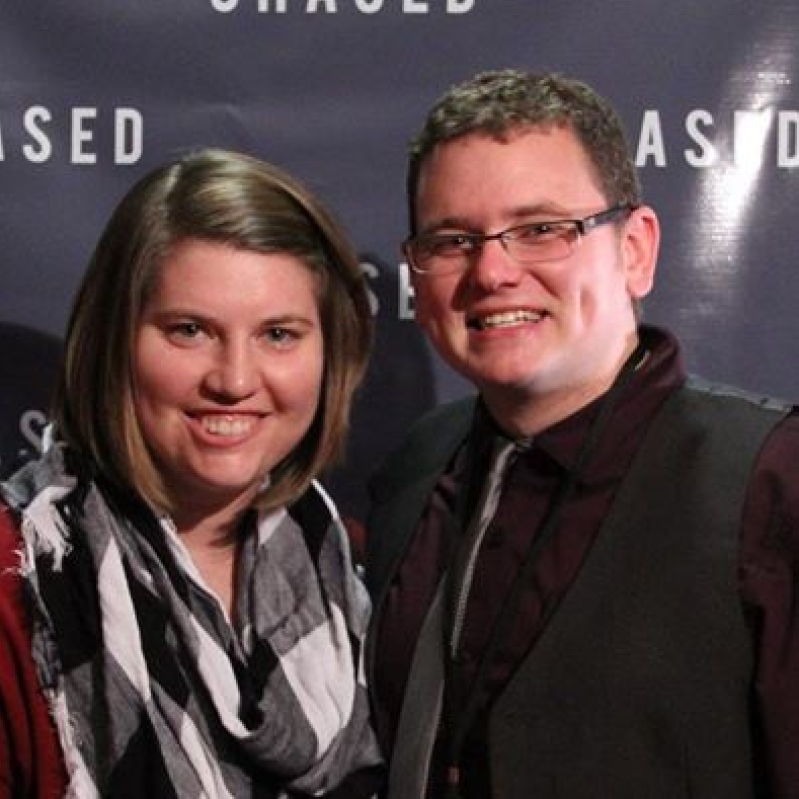
Film director and producer Josh Troester is asking why YouTube removed his short movie about the persecution of Christians. According to the filmmaker, YouTube took down his work because it is inappropriate and violates the site's policies.
Troester's film, titled "Chased," is a 30-minute movie that centers on a Christian family. Since the protagonists live in fictional American community where their religion is illegal, they are forced to practice their beliefs in secret. According to the director, his intention with the film is to teach the audience about religious persecution, Christian Today reported.
However, shortly after uploading the film on the popular video streaming website, it was removed. Troester appealed to YouTube and explained what the film is about but the site rejected is plea. Instead, the site insisted that "Chased" violated its Community Guidelines, which prohibits the display of nudity, sexual content, harmful or dangerous content, violence and hateful content in videos.
YouTube, however, did not specify which of its policies Troester's film directly violated.
Emily Weaver, the scriptwriter of the film, noted that despite the removal of "Chased," there are still countless of videos that display nudity and violence on YouTube.
"It's hard for us to understand because there are so many things on YouTube that are so violent," she said according to News Leader. "It's hard to understand what they found in our film that is so offensive."
"It's disappointing because YouTube is such a great way to reach so many people," she added. "We are trying to disseminate this for free.
Troester, on the other hand, believes that a user or someone working for YouTube might have interpreted the film as hateful and as a way to promote violence against a certain religious sect after viewing it.
However, the film director maintained that he only wanted viewers to see what would happened if religious persecution happens in the U.S.






